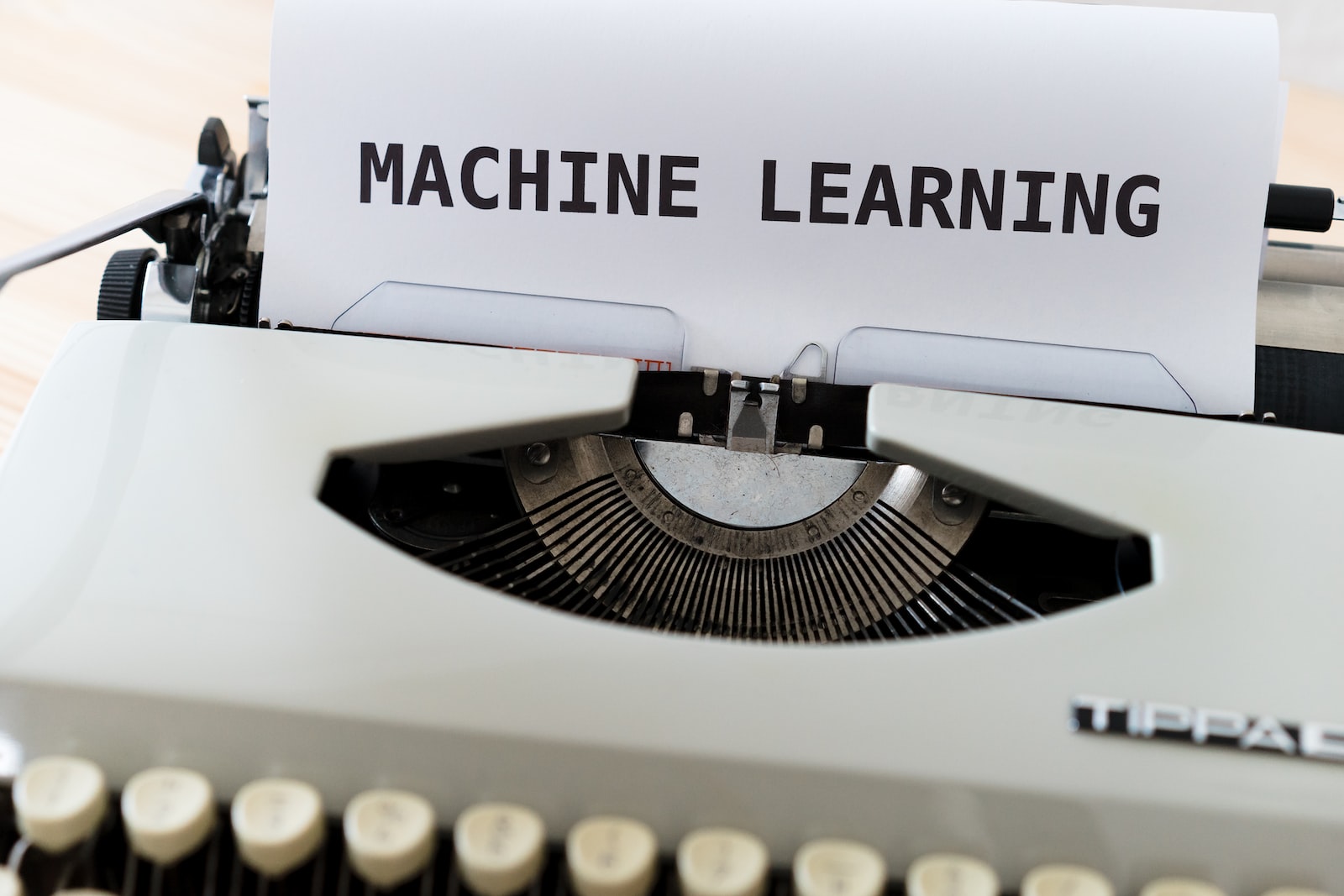Israel Ministry of Justice Issues Opinion Supporting the Use of Copyrighted Works for Machine Learning

DisCo is taking part in Copyright Week, a series of actions and discussions supporting key principles that should guide copyright policy. Every day this week, various groups are taking on different elements of copyright law and policy, addressing what’s at stake and what we need to do to make sure that copyright promotes creativity and innovation.
The Israel Ministry of Justice has issued an important opinion concluding that the use of copyrighted materials in the machine learning (ML) context is permitted under existing Israeli copyright law. In particular, the opinion found that ML typically will fall within the scope of the Israel Copyright Act’s fair use provision. The opinion thus adds to the growing body of law around the world permitting the use of copyrighted works for ML and text and data mining (TDM).
The opinion of the Office of Legal Counsel and Legislative Affairs of the Israel Ministry of Justice addresses the question of “whether ML enterprises can make unauthorized use of copyrighted materials to train Artificial Intelligence (AI) systems.” The short answer is yes.
The opinion first provides context. It explains that ML is the process that enables computers to learn autonomously from past data. As such, it provides the foundation for AI systems. The “value of AI systems depends first and foremost on the quantity of the materials that the machine is fed at the ML stage, together with the diversity and quality of such materials.” Depending on the task the machine is learning to perform, the materials the machine must ingest may be copyrighted works such as photos, text, sound, or video. Indeed, “given the immense quantity of works that ML entails, the ML process will almost always require the use of works that are copyrighted by multitudes of third parties.” Accordingly, the legality of using these materials for ML purposes is a critical issue for effective AI systems. Because of the leading position Israel holds as a producer of AI systems, “lifting the copyright uncertainties that surround this issue can spur innovation and maximize the competitiveness of Israeli-based enterprises in both ML and content creation.”
Recognizing that current Israeli law does not provide clear guidance on the lawfulness of the use of copyrighted materials for ML, the opinion offers the assessment of the Ministry of Justice. First, the opinion finds that “ML will typically be covered by the fair use doctrine.” Israel’s fair use provision, section 19 of the Copyright Act, is modeled on the fair use provision in the U.S. Copyright Act, 17 U.S.C. § 107. The opinion’s fair use analysis relies on U.S. decisions such as Authors Guild v. Google and numerous law review articles by U.S. copyright scholars. The opinion states that creating a database for training a machine qualified as study and research within the meaning of the statute. Further, this use was “transformative.”
Next, the opinion notes that “some ML projects may fall under the doctrine that permits incidental uses of copyrighted materials,” set forth in section 22 of the Copyright Act. Further, where the copyrighted works are deleted at the end of the ML process, “the enterprise may enjoy the protection provided under the doctrine of transient use” in section 26 of the Copyright Act.
The opinion cautioned that these defenses would not apply “to ML datasets that consist exclusively of works created by a single author in order to compete with this author in her existing markets.” Moreover, the opinion “does not apply to output of the ML process.” There could be cases where the ML process itself might not infringe, but the output of the AI system would infringe the copyright in an existing work.
While the opinion is not binding in Israeli courts, Israeli copyright experts believe that it will be given significant weight by courts when applying the Copyright Act in relevant cases.
The opinion adds to the growing body of law across the globe permitting the use of copyrighted works by computers, rather than directly by humans. Much of this law is focused on text and data mining, which often is an essential step in the ML process. As noted above, the opinion relies on the Authors Guild v. Google decision, which involved the creation of a search database of millions of books. Further, during the most recent triennial section 1201 rulemaking, the Register of the U.S. Copyright Office opined that text and data mining by a researcher affiliated with a nonprofit institution of higher education for the purpose of research and teaching likely was a fair use where the institution used appropriate security measures and the contents of the corpus could be viewed only for verification purposes.
Similarly, the EU Directive on Copyright in the Digital Single Market requires EU Member States to adopt copyright exceptions for TDM. EU Member States are in the process of implementing this Directive. Since 2014, the UK has had an exception for TDM for non-commercial research. After a public consultation, the UK government announced in 2022 that it would expand this exception for commercial uses as well. Japan and Singapore also have enacted TDM exceptions.
To be sure, the precise contours of these various approaches differ. But the Israel Justice Ministry’s opinion is correct in its assertion that its conclusion—“that training of ML systems is generally permitted under copyright law—is consistent with the approach of other legal systems around the globe.” The opinion will provide the legal certainty necessary for the development of AI systems in Israel. Moreover, the opinion will provide helpful guidance to AI developers and courts in other fair use jurisdictions, including the United States, Canada, and Korea.







